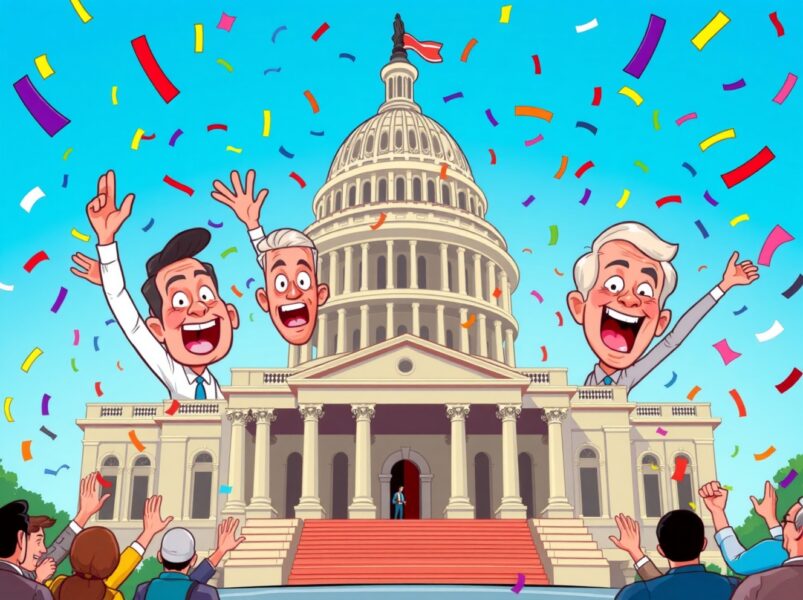A woman rides an electric scooter by the Beiyuan Grand Hotel in Beijing, China August 11, 2025.
Maxim Shemetov | Reuters
While U.S. companies battle inflation, those in China are up against something very different: deflation.
The high-end Beijing hotel Beiyuan Grand has been setting up stalls in the evenings to serve dishes to passers-by — as Chinese consumers and companies cut back on travel, banquets, and events. Chef Wang cooks up his specialty fried pigeon there, not in the hotel’s restaurant but out on the sidewalk.
“When we sold fried pigeons inside the hotel restaurant, we used to sell only 60 to 70 a day,” Wang said. “Now we sell around 200.”
But those sales come at cut prices.
Before, each fried pigeon cost $8. Today, they go for $5.30.
Falling prices are a problem across China’s economy. That comes as consumers, uncertain about the future, have been hunting for value.
On his way home from work, Wan Qiang picked up a gourmet dinner of duck necks, duck wings, and steamed buns from Beiyuan for just over $4.
“The economy isn’t doing so well,” he said. “The food is very clean and the quality is good.”
Another factor pressuring Chinese prices is excess capacity in everything from electric vehicles and solar panels to food delivery services, leading to what is described in China as “involution” or a race-to-the-bottom competition.
Food delivery is one of the most fiercely competitive battlefields. Market leader Meituan is facing cutthroat competition from Alibaba and JD.com. They’ve all been offering coupon discounts to fight for business bringing prices down.
The Chinese government, worried about deflation becoming entrenched, has stepped in with warnings and revised regulations to control pricing.
The country is set to post consumer price index and producer price index data for August on Wednesday. Goldman Sachs predicts wholesale price inflation will stay “deeply negative,” with the producer price index dropping 2.9% year on year. The bank sees the consumer price index as “moderately negative,” falling 0.2% from a year ago.
In the deflationary environment, consumer patterns are changing.
Second-hand luxury goods are in such high demand that online vintage products seller Zhuanzhuan opened a physical superstore this summer in downtown Beijing.
For well-off Chinese consumers like Hao Wenli, it was once socially unacceptable not to buy new.
That no longer carries a stigma.
“We hardly go to the luxury stores anymore,” she said. “It’s a hard time now to make money, so why not shop at places like this and save?”
Source: https://www.cnbc.com/2025/09/09/china-business-economy-deflation.html



